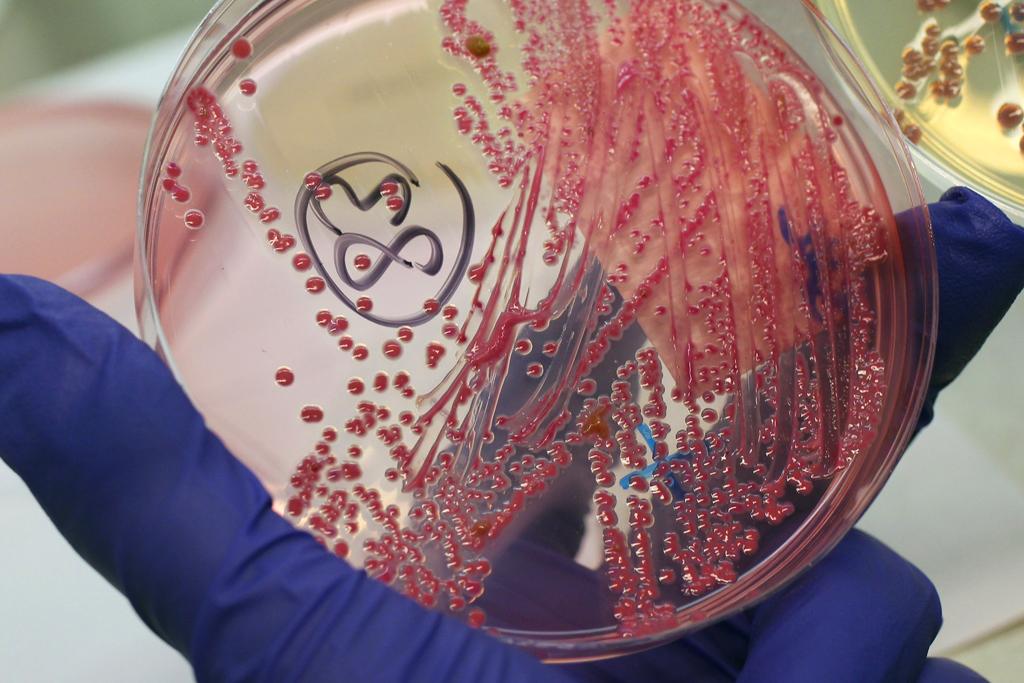Gonorrhea “superbug” in Japan
A lab technician holds a bacteria culture that shows a positive infection of enterohemorrhagic E. coli
You may not have thought that gonorrhea could get scarier.
But it has.
Scientists have discovered a new strain of drug-resistant gonorrhea in Japan.
The "superbug," as scientists call bacteria that has mutated to survive, is resistant to all the antibiotics currently used to treat gonorrhea, and doctors warn that it could turn the once easily curable infection into a major health crisis.
Magnus Unemo of the Swedish Reference Laboratory for Pathogenic Neisseria, who discovered the strain, menacingly labeled H041, in samples from Kyoto, told Reuters that the discovery isn't entirely surprising.
“Since antibiotics became the standard treatment for gonorrhea in the 1940s, this bacterium has shown a remarkable capacity to develop resistance mechanisms to all drugs introduced to control it,” he said.
Scientists warned last year that gonorrhea could mutate following reports of gonorrhea drug resistance in Hong Kong, China, Australia and elsewhere, according to Reuters.
The story you just read is accessible and free to all because thousands of listeners and readers contribute to our nonprofit newsroom. We go deep to bring you the human-centered international reporting that you know you can trust. To do this work and to do it well, we rely on the support of our listeners. If you appreciated our coverage this year, if there was a story that made you pause or a song that moved you, would you consider making a gift to sustain our work through 2024 and beyond?
